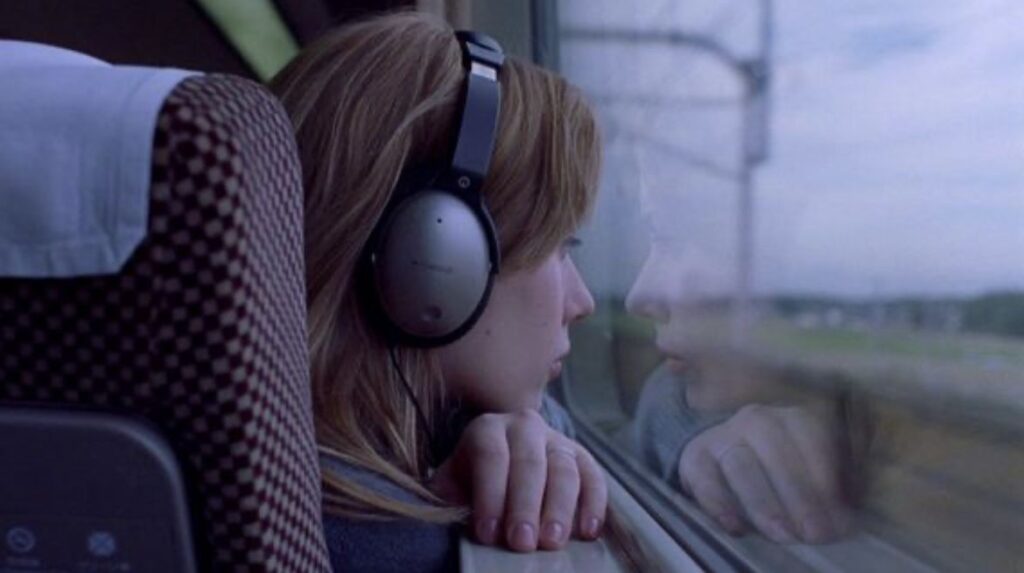Being a young kid in a growing desensitized and polarized world? Not easy. Teaching kids self care? Maybe something we should be looking into.
Adults are allocated time off for anything ranging from vacation days, sick days and the occasional “mental health day.” The laborious 9-5 takes a toll on the average adult. They need days to refocus, reassess and rejuvenate so they can continue to perform to the best of their ability, and this process is vital to both their personal and professional lives.
But what about children? Should they, too, be allowed this same refocusing period and deem it as a mental health day? Maybe the answer isn’t so simple.
Young children may not harbor the same stresses of adult life, but their inexperience to cope when these problems and struggles arise may warrant more personal attention— a mental health day.
Powering through discomfort is important for children, as psychologist Amy Moran writes in Forbes Magazine. Normal day-to-day activities that may equate to these are in-class presentations or a fear of math class. Positive completions of these activities can foster confidence and strength in children, while the avoidance can elevate higher levels of anxiety when the stimulus inevitably appears again.
However, when school may be one of the main contributors to a child’s declining mental health, maybe we should be treating it like we would the flu, with an excused absence for a day off.
How Kids Can Take A Mental Health Day
Moran introduces a new way to look at mental health days for kids. She calls them, “Problem Solving Days.” If a child stays home, it’s important to use that day to benefit them for the long-haul.
If the child is having a specific problem, a day off is beneficial in finding ways to solve it. Schedule a meeting with the school or sit-down and make a problem-solving strategy with the child. Use the day off to prioritize attention on the specific issue and make the time productive. Find creative ways to release stressful energy through mediums like exercise.
If the child is overworked or run down, create a self-care focused day. Maybe take them to a yoga class, do a face mask or go for a hike.
If more professional help is needed, direct this time to one-on-one professional help.
Things To Avoid On a Kid Mental Health Day
A mental health day is not a reward in the conventional sense, but more of an action plan. Binge-watching television, sleeping all day or rewarding a child for skipping school sets a dangerous precedent for the future. Resist the temptation of a “fun day” filled with ice cream and playgrounds. Save that for a weekend.
Mental health should be a priority across all demographics with no age discrimination. Childhood is a time when mental processes don’t grow simultaneously with physical development, and just as we need a mental recharge, as do children.





